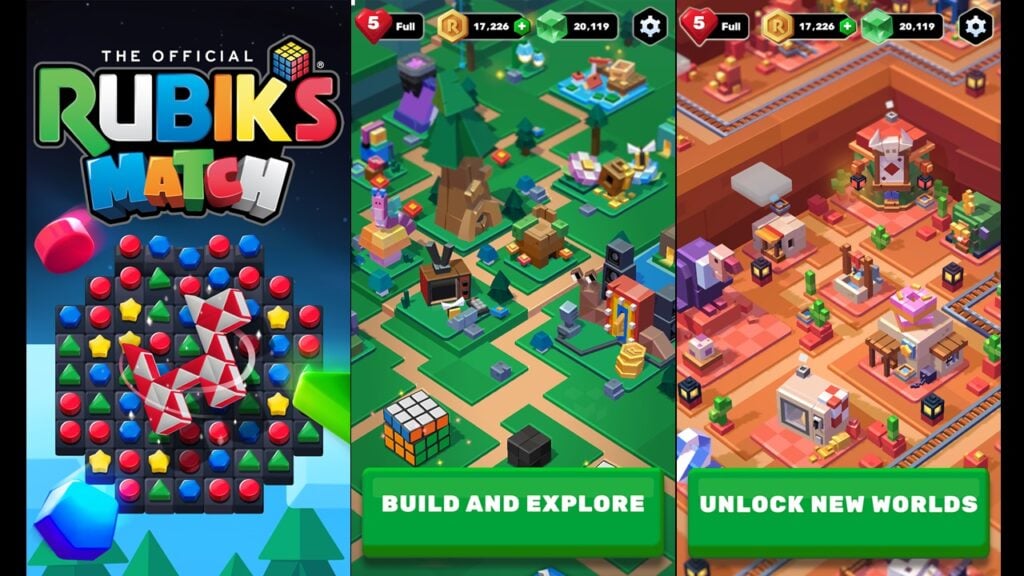Freemium Games Prove Successful As 82% of Gamers Made In-Game Purchases
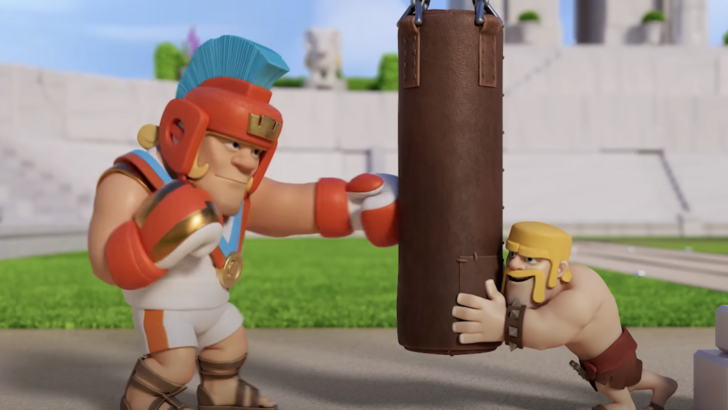
A newly released joint report by media and analytics company, Comscore, and in-game advertiser, Anzu, has provided a look into US gamers' behaviors and preferences, and prevailing trends in the gaming landscape.
Majority of US Gamers Fine with Shelling Out Extra Money on In-Game PurchasesFreemium Games Become Increasingly Popular
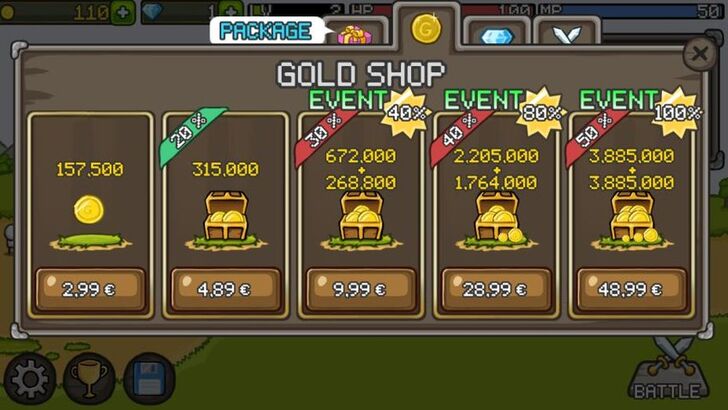
image (c) Research Gate
Titled "Comscore's 2024 State of Gaming Report," it is a newly released joint report by media and analytics company, Comscore, and in-game advertiser, Anzu, that covers US gamers' gaming habits, preferences, and spending patterns. It likewise delves into the popular genres among gamers across different platforms.
According to the report, 82% of US gamers made in-game purchases in freemium games last year. Freemium is a portmanteau of the words free and premium. Freemium Games are downloadable and playable for players completely for free while offering optional in-app purchases for additional features and benefits, such as extra coins, health points, and exclusive items. Popular examples of freemium games include miHoYo's global hit Genshin Impact and Riot Games' League of Legends.
The freemium model has seen widespread adoption and success, particularly in the mobile gaming scene. Nexon Korea’s MMORPG Maplestory, which was released in North America in 2005, is known for being one of the first games that pioneered the freemium game concept. In Maplestory, players were able to buy virtual items, such as pets and rare weapons, using real money—a concept that has since been widely embraced by developers and online retailers.

Steve Bagdasarian, Chief Commercial Officer of Comscore, provided commentary on the findings, stating, "Our 2024 State of Gaming Report underscores the cultural impact of gaming and the critical significance of gamer behavior for brands seeking to engage with this vibrant and receptive audience."
In February, Tekken's Katsuhiro Harada weighed in on in-game acquisitions and transactions as they introduced paid items in Tekken 8, the latest installment in the fighting game series. Harada indicated that, particularly in light of the escalating costs of game development, revenue generated from these transactions will be allocated to Tekken 8's development budget.
-
1
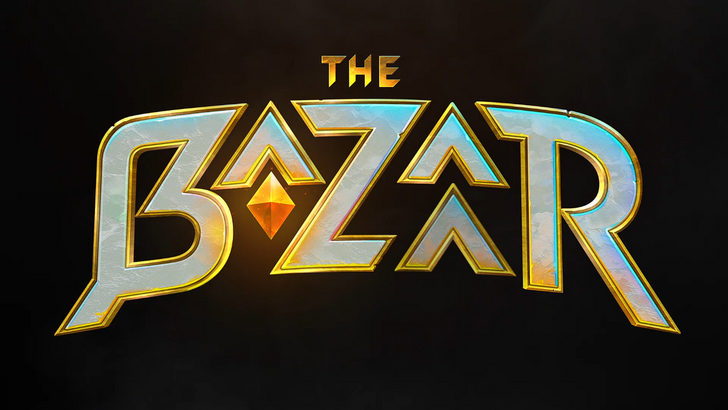
Announcing the Bazaar Release: Date and Time Unveiled
Feb 02,2025
-
2
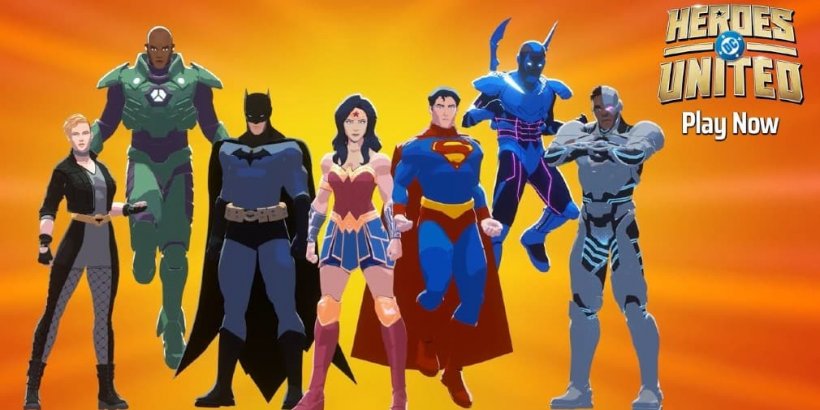
DC Heroes Unite: New Series from Silent Hill: Ascension Creators
Dec 18,2024
-
3
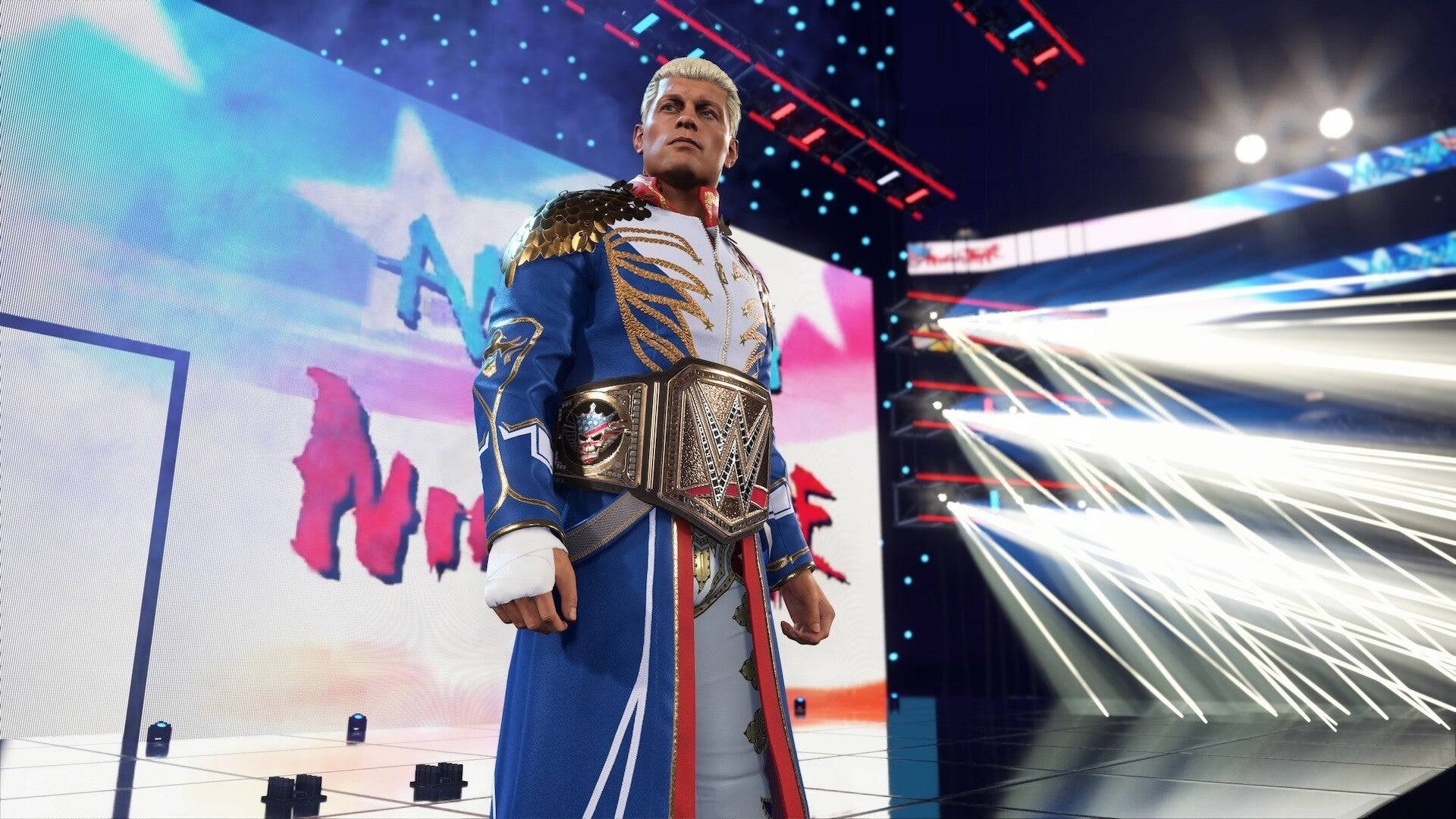
WWE 2K25: Long-Awaited Return
Feb 23,2025
-
4

Vampire Survivors – Arcana Card System Guide and Tips
Feb 26,2025
-
5

Marvel Rivals Unveils Season 1 Release Date
Feb 02,2025
-
6

Novel Rogue Decks Android Debut
Feb 25,2025
-
7

Andrew Hulshult 2024 Interview: DOOM IDKFA, Blood Swamps, DUSK, Iron Lung, AMID EVIL, Music, Guitars, Cold Brew Coffee, and More
Jan 07,2025
-
8

Marvel Rivals Update: News and Features
Feb 19,2025
-
9
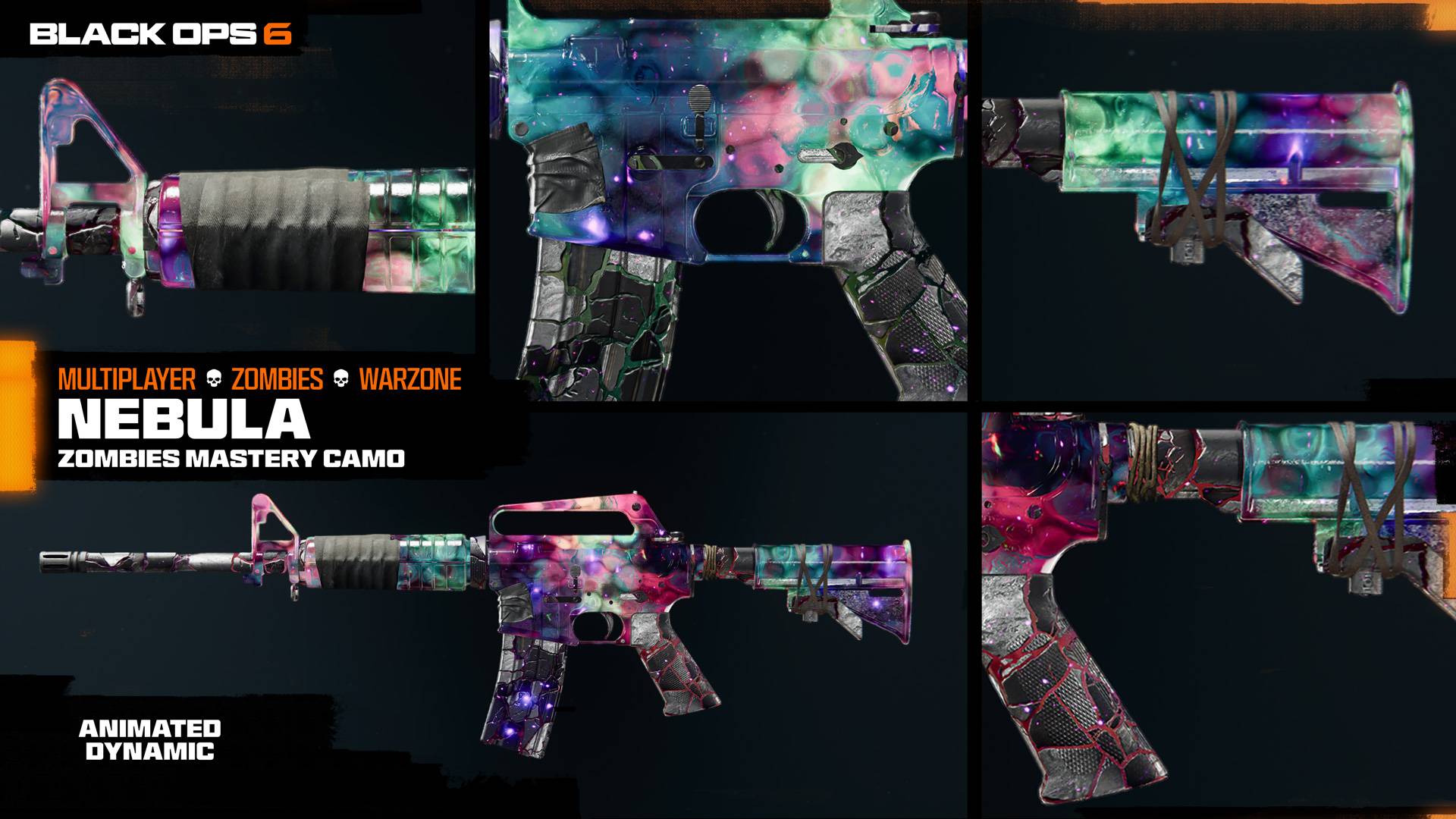
All Camo Challenges in Call of Duty: Black Ops 6 Zombies
Jan 05,2025
-
10

Professor Doctor Jetpack is a Pixel Art Precision Platformer Now Out on Android
Dec 30,2024
-
Download

Street Rooster Fight Kung Fu
Action / 65.4 MB
Update: Feb 14,2025
-
Download

Ben 10 A day with Gwen
Casual / 47.41M
Update: Dec 24,2024
-
Download

A Simple Life with My Unobtrusive Sister
Casual / 392.30M
Update: Dec 10,2024
-
4
Mega Jackpot
-
5
The Lewd Knight
-
6
Kame Paradise
-
7
Chumba Lite - Fun Casino Slots
-
8
Little Green Hill
-
9
I Want to Pursue the Mean Side Character!
-
10
Evil Lands: Online Action RPG

